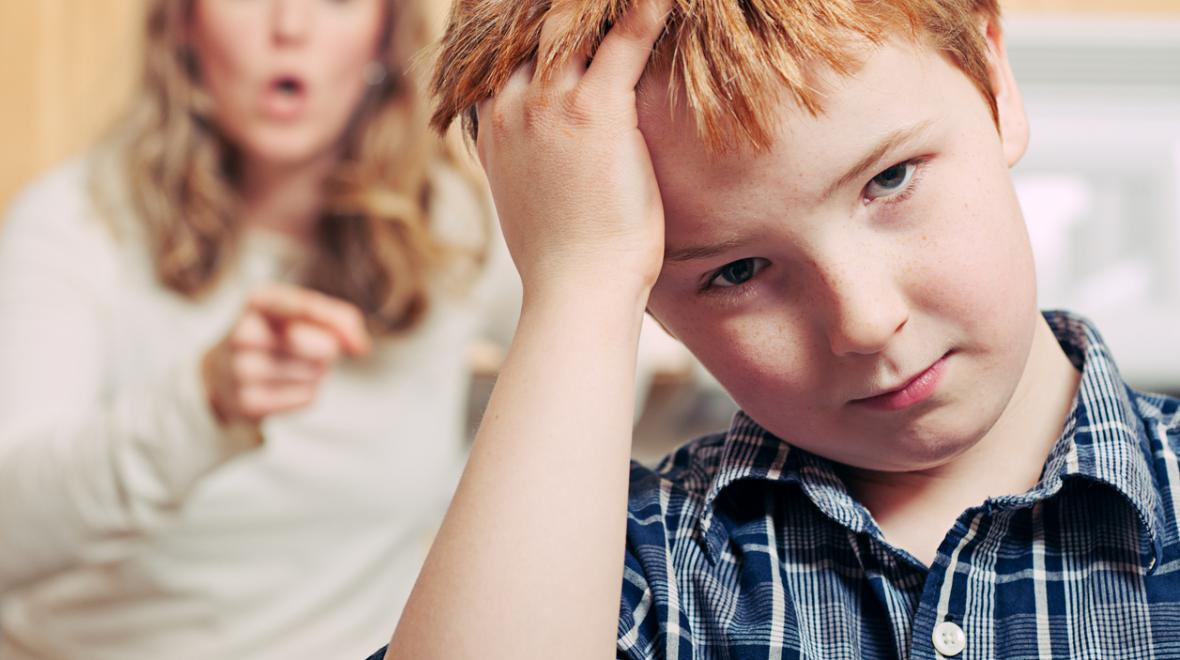
What’s your worst parental habit? Do you yell? Dump on your partner? Tilt toward negative reactivity? Do you feel bad about it? If you disliked these tendencies in the Before Times, you probably really hate the way the pandemic has made them worse.
Moms are prone to blame themselves for child-related problems, even in the best of times, but the pandemic has exacted an even greater toll on parental sanity. Your shortcomings and guilt have undoubtedly already thrown you for a loop a few times since childbirth. But now you get to worry about scarring your kids for life with your yelling.
Mothers are suffering disproportionately during the pandemic. Fretting about family health and welfare is the mother hormone. Women leave, lose and take hits at their jobs more than men. Moms expect themselves to do everything, from supervising remote schooling to attending to toddlers, COVID-19 safety and other matters related to the home.
Jennifer Senior wrote about mothers losing it during the pandemic in a recent New York Times opinion piece. She described the findings of a study surveying 8- to 18-year-olds conducted over 20 years ago. The majority of these children did not want more time with their mothers. What they really wanted was for their mothers to better control their tempers. Scroll forward a couple of decades, add a pandemic and the problem not only persists, it's been amplified.
During the past year, I have spent hundreds of hours talking with parents in therapy and in my webinars. Across the board, parents wish they could be more self-regulated and patient with their children. And so do their children.
The alternative to yelling? Prioritize effective strategies for calm
In 2008, I co-wrote the first edition of my book "Getting to Calm: Cool-Headed Strategies for Parenting Tweens + Teens." It teaches self-calming, mindful approaches to effective parenting, and the neuroscience of brain development, stress and anger. Little did I know that parents would need the parenting skills described in my book more than ever today, given the challenges of homebound child-rearing during a pandemic!
So, let’s unpack the “yelling” problem a bit. We yell to remind, correct or get the attention of our children. Mostly, it doesn’t work, and it represents more of a release of our anger and frustration than a tool that increases compliance. Moreover, research has shown that regular shouting can be as likely to cause child anxiety, depression and behavior problems as physical punishment.
What does work for improving compliance and good habits is positive reinforcement. It’s so ordinary, it’s boring. It’s also hard to do without lapsing into negative carping, nagging and yelling.
The essence of positive reinforcement is rewarding desirable behavior. After establishing realistic and clearly communicated behavioral goals for your kids, you give praise and appreciation when they comply or make a reasonable effort. You practice “planned ignoring” when they miss the mark, since even negative attention can reinforce behaviors. Positive reinforcement increases the desirable behavior of spouses, children, dolphins and other living beings.
Although this positive strategy sounds straightforward, yelling is “normal” — meaning most parents do it. Why? Emotions override our logical brains! Childrearing is frustrating! And children are messy and well, childish — meaning that they have not yet internalized rules and developed the maturity to follow them. That process takes a couple of decades.
Why yelling is a thing
All parents get their buttons pushed sometimes, especially with the countless and constant pandemic burdens fraying everyone’s nerves. Parental yelling during the pandemic is perfectly understandable, even though it can be harmful.
There are a couple of more reasons that yelling has become a problem, even before the pandemic. Yelling had become the new spanking, because parents have gradually been giving up spanking over the last four decades. The percentage of parents who spanked dropped from high levels in the '80s to less than half of parents in recent years.
The harms to children caused by physical discipline have been well documented. Although the reduction of spanking has been celebrated by child advocates, it appears that the parental anger previously channeled into corporal punishment has shifted over to yelling.
As parents gave up spanking, physical punishment and authoritarian parenting over the decades, they have struggled with learning effective discipline methods. Among the most common questions I receive are: How do I get my kids to: 1) listen; 2) comply; and 3) show respect?
It is infinitely easier to unleash negative emotions on kids and attempt to scare them into obedience with punitive threats than to practice what is the most effective: a style called “positive parenting.” Children and adolescents are better adjusted when their parents stay mostly loving and positive, exercise authority through reasonable rules and consequences, and show respect for feelings.
The take-home is that children are more emotionally secure and cooperative when their parents use positive approaches for behavioral management.
The art and science of practicing positive parenting challenges the most competent of parents. It’s extremely difficult to stay mostly positive and self-regulated in the context of back-talk, home chaos and pandemic stress.
Overwhelming pandemic stress
Is it realistic for parents to be able to avoid yelling during the pandemic? Have we created a case of whack-a-mole with the mission to stop unbridled expressions of anger? If enough pressure is applied to a family system, isn’t something going to blow? Should we just accept some yelling and be glad that we suppress impulses to spank and use physical punishment?
Yelling is an outburst of negative emotion. It is understandable that negative emotions would be expressed in unfiltered ways given the strain of our enormous pandemic stressors. Not everyone has the wherewithal to practice enough mindfulness and self-calming techniques to eliminate yelling entirely.
Children and teens inject their own negative emotions into the family pressure cooker. They naturally dump on their parents more when they are stressed. In addition, the reduction of in-person academic, social and extracurricular activities ratchets up their sadness, anger and anxiety. Parents can feel overwhelmed with distress about their kids’ burdens and losses.
Kids can handle some messy parenting, but they really do need a “good enough” and trustworthy parent for a solid chance at successful and healthy adulthood. The rub is that a lot of parents say they are failing to get even a passing grade for “good enough” these days.
Only time and a boatload of research will really tell us how harmful pandemic yelling and stress is for child health outcomes. And, of course, economic, racial and social inequities will have to be taken into account. However, I’m impressed with how many parents are making efforts to “get to calm” and prioritize family rituals such as walks, game nights and hanging out together.
Silver linings
I’ve heard plenty of families speak of pandemic upsides. There is more time for enjoying family leisure, play, new hobbies, sleeping, home cooking and talking about feelings. These same families experience their share of meltdowns, but the potential collateral damage is offset by good times.
I think a lot of kids will look back on this time with a tinge of nostalgia. Even during hospitalizations, wars and the aftermath of natural disasters, kids can appreciate parents’ efforts to make a good, secure life during tragic circumstances.
The ordinary magic of little things should not be underestimated, such as when you do some art, read some books and rub some backs. When parents pull together and work valiantly to offer small nurturing moments in trying times, kids sometimes cherish them more than a big hoopla during easy times.
Yelling is less toxic when it is infrequent, embedded in a mostly loving home and diluted by sincere efforts to do better. Parents want to express their feelings in respectful and self-regulated ways, even though their kids aren’t there yet. The ambitious goal for parents is to quell the yell and model the behaviors they want to see in their children.
Parents have always been expected to control themselves more effectively than their children. But heck, parents are only human! And to struggle with emotional self-control is to be human — especially during a pandemic. We all do our best — even if we yell sometimes — and then we try to do better tomorrow.











